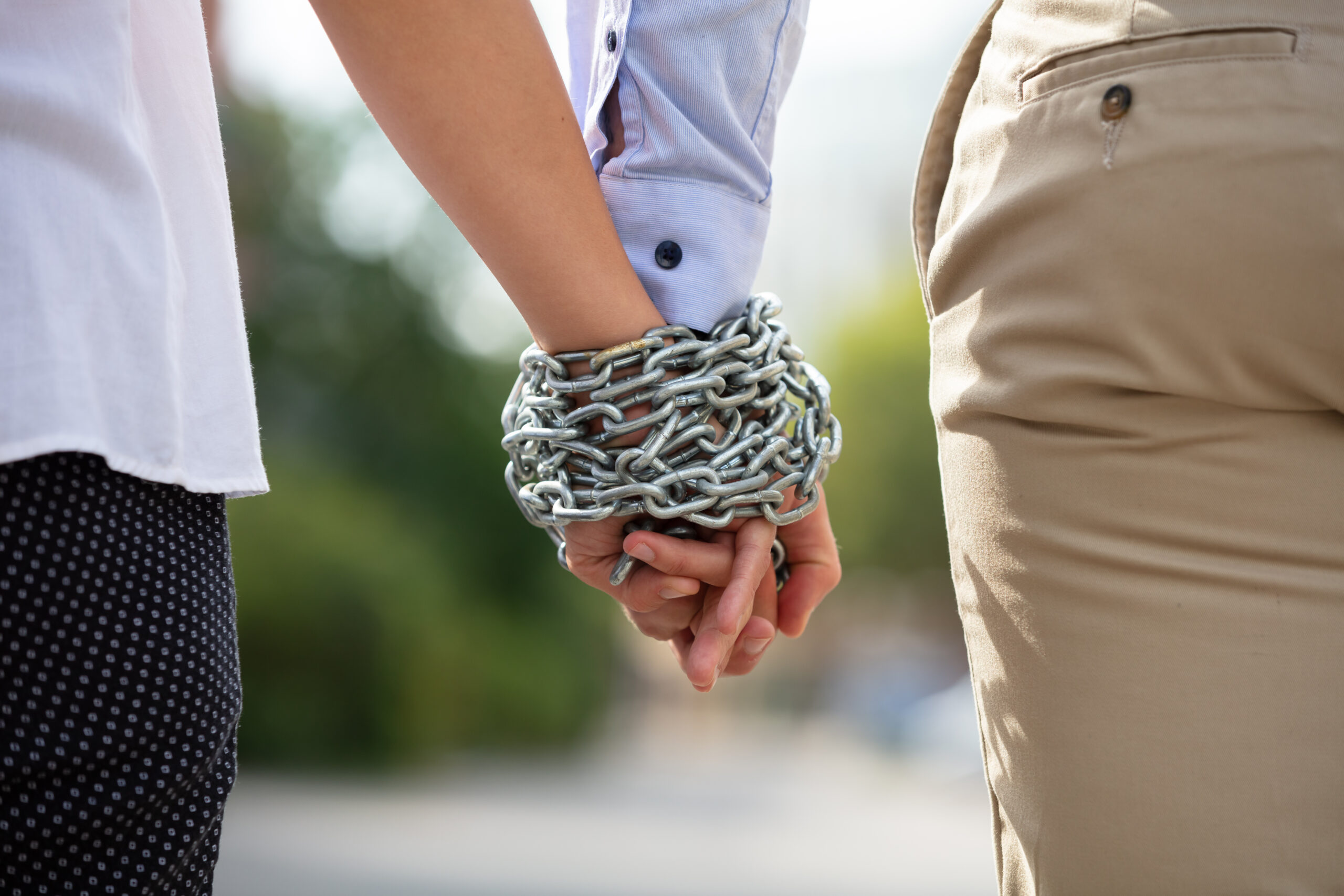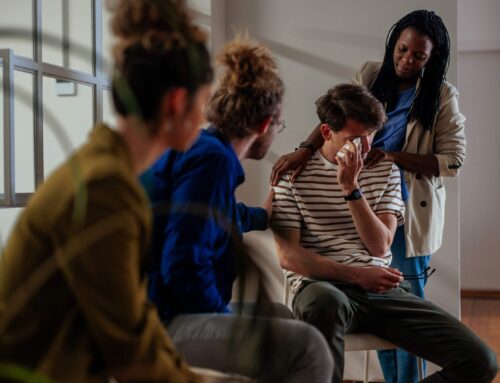
Understanding Codependency: Identifying and Overcoming Unhealthy Attachments in Relationships
Codependency is a common set of behaviors that result in an unhealthy attachment between people. The term codependent is frequently misused and misunderstood. Codependent relationships often lead to enabling and other actions that serve as obstacles to a person getting help for other problems, such as addiction.
A few examples of codependent behavior include:
- Making excuses for the other person’s drinking, using, or physical abuse.
- Frequently looking for approval and validation from the other person.
- Feeling as though you can’t make decisions for yourself without their approval.
- ALWAYS prioritizing the needs of the other person ahead of your own.
- Compromising your values, beliefs, or boundaries for the other person.
A codependent relationship isn’t anyone’s “fault” per se. It should not be viewed in terms of blame at all in fact. It’s simply an unhealthy dynamic that works against the best interests of both people ultimately and should be carefully unwound with professional help when possible. So, how do people become codependent? Let’s take a look.
How Do People Become Codependent?
Codependency is complex. It may take years of therapy to entirely unravel it, but people do recover from codependency and live healthier lives. Codependent behavior often originates in addiction, abuse or neglect. A codependent person learns from experience. Growing up in a disordered family where substance abuse or abuse happens, that person finds themselves without enough love and attention. The codependent person who is abused by a guardian or partner may also come to believe that abuse is part of a loving relationship. Codependent behavior usually comes about as a means of adaptation.
For example, a child who grows up with a father who has an alcohol use disorder and has mood swings will learn to tiptoe around and do anything they can to avoid triggering their father’s unpredictable anger. Sometimes it is learned by example. For instance, watching your father struggle to manage your mother who has bipolar I disorder and frequently goes off her medication. Most of us learn what relationships are supposed to look like from our parents first.
How Do I Know If I am Codependent?
You can start by looking at the examples of codependency listed above. If you identify with one or more of those, it’s likely that you have some codependent traits. Remember that only a mental health professional can make a formal diagnosis though. It is also important to focus on recovery, not blame if you believe you may be codependent. You should never blame yourself for being “weak” or anything else.
Also avoid focusing on the people in your life who may have contributed to your condition, at least until you are in a therapeutic setting where you can process it safely and productively. No one deserves to be trapped in codependency or a codependent relationship. No matter who you are or what you’ve done, you deserve to be happy and free and you can be. It starts by asking for help.
Don’t Let Codependency Be an Obstacle to Intervention and Sobriety
If you were wondering how do people become codependent, we hope this article has illuminated some of the common misconceptions about codependency, as well as how it begins. Codependency awareness is essential and especially relevant to families where addiction occurs. Codependent relationships can stand in the way of an intervention in several ways. The codependent may be afraid or too insecure to accept help for addiction without the approval of their partner. The dominant partner may feel their control is threatened by the codependent leaving to get help, or even by their potential sobriety and recovery.
When the dominant person is the one facing addiction, they may be unwilling to relinquish control over their passive partner. Or they may imagine the codependent will be incapable of surviving without them while they are in addiction treatment. It is helpful to consider all of these possibilities when planning an intervention. The best case scenario is always to use a professional interventionist when possible and you will want to let the interventionist know when a codependent relationship is present. If you have questions about intervention or addiction treatment for a loved one, Recovery Care Partner can help. Contact us online or give us a call at 855-727-2887







